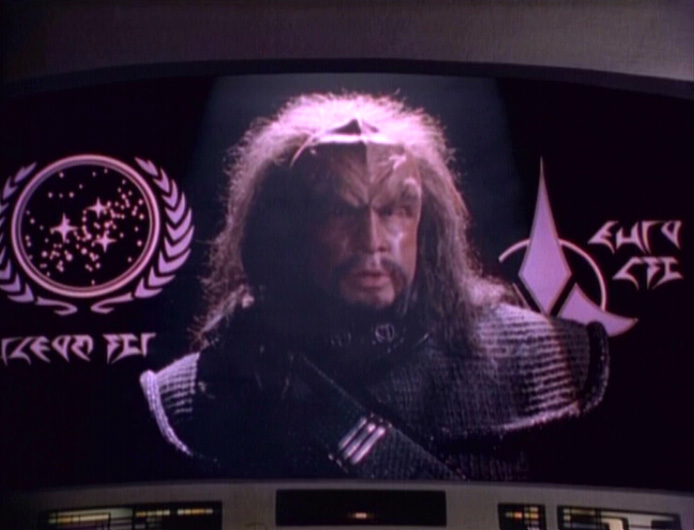IMHO opinion we can look to history for analogies.
In 1204 the crusaders and the Venetians captured Constantinople, capital of the estern Roman Empire, and established the "Latin Empire of Constantinople" as it is usually called, grabbing all the imperial lands they could. Various eastern Roman or "Byzantine" leaders established their own Roman realms, "The Empire of Trebizond", "the Empire of Nicaea", and the "Despotate of Epirus", as they are called by modern historians, and several short lived smaller realms.
Thus there were a number of territorial realms whose monarchs called themselves Roman Emperors of one type or another during the 13th and 14th centuries. At some times as many as five, six, or seven independent "Roman" realms.
In 1000 Ad the Caliph of Cordoba ruled most of Spain and most of the Christians, Muslims, and Jews living there. But the Caliphate began to split up into a number of independent realms called taifas in the period from 1010 to the fall of the Caliphate in 1031. Theh last taifa as conquered by the Almoravids in 1110. Three were 33 taifas in all, and over twenty at the same time during their peak numbers.
If the Muslims in Spain are considered an ethnic group, they had over twenty independent realms at one time.
Americans are an ethnic group that has ruled more than one independent nation. Beside the USA, there was Vermont from 1777 to 1791, Texas from 1836-1846, the CSA from 1861-1865, and Hawaii 1894-1898.
The Boers or Afrikaners established a number of mostly short lived republics in South Africa during the 19th century. This article has a list of 17 Boer republics.
There was always at least one Boer republic from 1835 to 1902, and sometimes more. In some periods there were three, four, or five Boer republics at a time. The Boer ethnic group can be compared to the Klingon species, and their servants of various ethnic groups can be compared to Klingon subjects belonging to various species.
So it is quite possible that some Klingons split off from the main klingon realm and formed their own independent realms at various times, especially during the confusing times around the Khitomer agreement. At the time of TNG there might have been tens of Klingon realms, some ruling only a single planet, some ruling tens of planets, in addition to the largest ealm that ruled mos tof the former Klingon realm.
It is possible that one or more former Klingon realms applied to join the Federation, and some of them may have succeeded in becoming associate or full members. I think that the Klingon realm in "Heart of Glory" was an associate or full member of the Federation. And they may be the ones Wesley mentioned as (at least partially) joining the Federation.
With many Klingon realms, it was not redundant for Picard to refer to the main and largest one by its full official title of the "Klingon Imperial Empire" in "Sins of the Father".
The episode "Samaritan Snare" has Wesley state that the Klingons joined the Federation during Picard's lifetime. Picard agrees. Later episodes show a Klingon realm outside of the Federation. Thus either
- a Klingon state joined and later left the Federation during Picard's Starfleet career, or
- at least one Klingon state joined the Federation during Picard's lifetime and at least one Klingon state did not join the Federation and remained independent, or
- that Wesley and Picard meant that the Klingons joined some other Federation - like the hypothetical "Federation of Warrior Species" - instead of the United Federation of Planets.
Those are the only possibilities I can think of to reconcile the seeming contradiction.
Fitzgerald translates Omar Khayyam to say:
“The Moving Finger writes; and, having writ,
Moves on: nor all thy Piety nor Wit
Shall lure it back to cancel half a Line,
Nor all thy Tears wash out a Word of it.”
My rules for interpreting stories include:
The dancing fingers type, and having typed, move on: not all your
genius nor wit can go back to cancel half a line, nor all your tears
erase a single word.
I say that no writer has the authority to do a retcon and no reader or viewer has the authority accept the validity of a retcon.
The most that a writer can do is figure out how the previous lore could be true "from a certain point of view" and does not actually contradict the new story he wants to tell.
I have just pointed out how the statement that: "the Klingons joined the Federation" could be merely true from "a certain point of view" and thus not contradict the Klingon story arc.
Why were the Klingons no longer members of the Federation?

